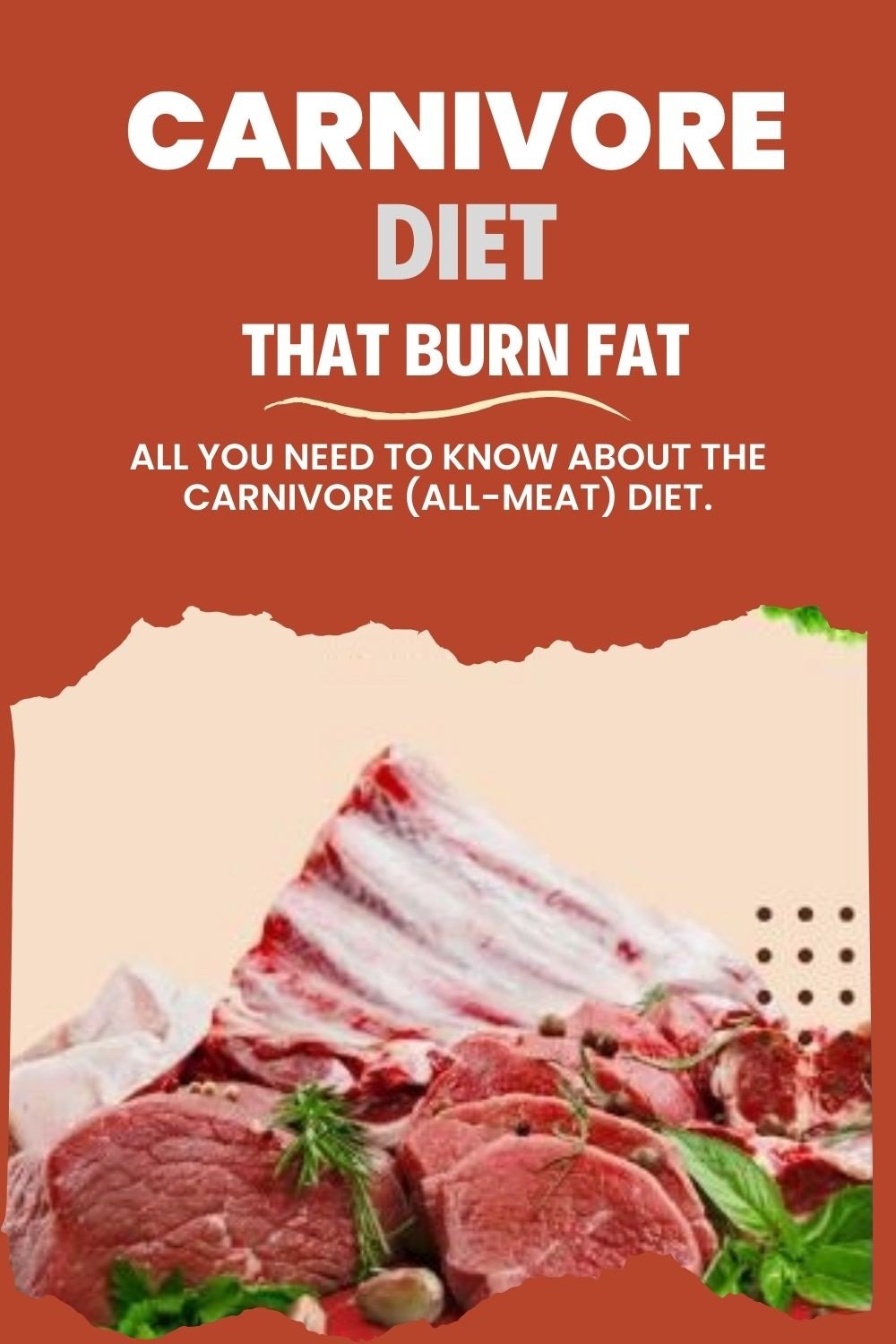Carnivore Diet
All You Need to Know about the Carnivore (All-Meat) Diet)
A Closer Look at the All-Meat Trend and Why It May Not Be Right for You* The carnivore diet has made headlines in recent years, with advocates claiming that it offers a wide range of health benefits, from weight loss to improved mood and stabilized blood sugar. In a world where diet trends come and go, the carnivore diet stands out for its radical approach: it consists solely of meat and animal products, excluding fruits, vegetables, grains, and even some types of dairy. But despite the bold claims surrounding this diet, there are significant concerns about its safety and long-term sustainability.
What is the Carnivore Diet?
At its core, the carnivore diet is a high-protein, high-fat regimen that involves consuming only animal-derived foods, including beef, chicken, pork, fish, and eggs, while cutting out all plant-based foods. Dairy products are sometimes allowed, but many strict carnivore followers exclude them as well. Proponents suggest that eliminating carbohydrates and plant-based foods can help reset the body and reduce inflammation, potentially improving a variety of health issues.
The diet has become popularized through social media and testimonials from people claiming that it helped them lose weight or manage chronic health issues. However, it’s important to remember that these anecdotal accounts are not the same as scientific evidence.
The Claims vs. The Evidence
Supporters of the carnivore diet suggest it can improve energy levels, reduce mood swings, and aid in weight loss. However, these claims are not backed by controlled studies, and there is limited scientific data on the effects of the carnivore diet specifically.
Research does suggest that a high-protein diet can lead to short-term weight loss, but there’s no evidence that eliminating entire food groups is necessary to achieve these results. The carnivore diet is severely restrictive, which can lead to nutrient deficiencies over time. Unlike other high-protein diets, such as the keto or paleo diet, the carnivore diet eliminates almost all other sources of essential nutrients.
Lack of Essential Nutrients
One of the primary concerns with the carnivore diet is that it lacks essential nutrients, including vitamin C, foliate, and fiber. Without fruits, vegetables, or grains, people following this diet miss out on important antioxidants, plant compounds, and fiber, all of which play critical roles in maintaining overall health. Fiber, for example, is vital for digestive health and has been linked to reduced risks of heart disease and certain cancers. Without fiber, constipation and other digestive issues may become common problems for
carnivore dieters.
Moreover, vitamins and antioxidants found in plant foods support immune function, reduce inflammation, and provide protection against oxidative stress. Long-term, these deficiencies could increase the risk of developing chronic health conditions.







